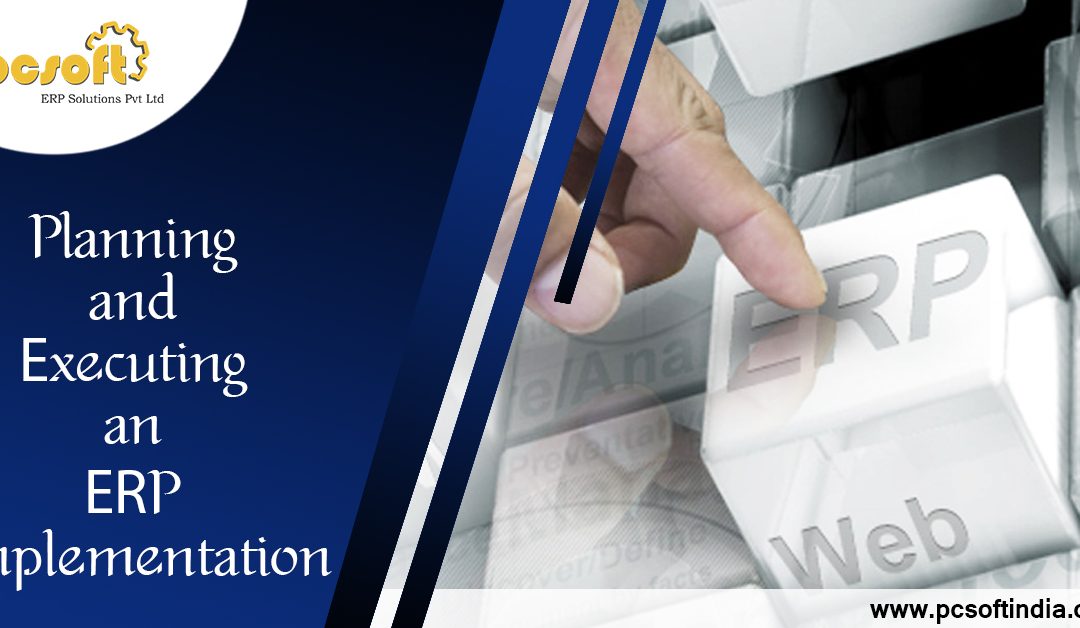The business firms and huge organizations across the globe are growing Enterprise Resource Planning, but the question still arises that- do we really use them to the fullest? Or how far have we been successful in deploying this inventive revolution completely? Even though the concept is gaining fame there is still a disconnection between the propagated ideals by the ERP vendors and the actual business needs. A recent business related literature survey that approximately 25% of the ERP implementations crash due to the lack in its deployment. Therefore, in this article, we are about to discover how to effectively implement an ERP.
How to plan and execute an ERP implementation?
As the expenditure on the implementation of the ERP is increasing, the business owners are bound to adopt the right ERP implementation strategies. The following points will serve as a practical guide for you and help you with the process.
Strong Planning
ERP will prove fruitless without its improper implementation planning. Since the ERP does not come with the one-size-fits-all approach, you must customize the solution according to your business needs. The implementation involves a lot of time, money and resources, therefore efforts must be taken to bring out the best in it.
The major responsibility of the members of the organization is to work together. But even with this, the time will vary depending on the number of modules, the size of the organization, customization and lot of other factors. One must take care of these factors while planning an ERP.
Scalable Solutions
To implement ERP, you must build the solutions that go with your business needs. While creating these solutions you must not only consider your short-term goals but also those in the long terms. Solutions that are easily customized and can be scaled up and down as per your business needs to help you to save a great amount of money and resources.
In-house IT department vs outsourcing
The implementation of ERP demands manpower, which demands the prime choice from you between the in-house IT department and outsourcing. Depending on your requirements you can entrust the liabilities to the in-house IT professionals or can even hire outside the service providers that can help you share the workload.
Lifecycle management and maintenance
There is a lot of similarity between an ERP and a living thing, it needs consistent maintenance and latest upgrades to maintain the quality and functionality. In order to make your ERP work in the timely fashion, you must upgrade your ERP from time to time. As the business faces the changes the smooth transformation of ERP saves a lot of cost and time.
Right Tools
ERP tools are extensible and customizable in a great way that allows you to choose various ERP modules for high functionality and smoother system and application integration. The ERP module plays a crucial part to increase the usability of the system. The efficient toolset offers user-friendliness and great functionality. Therefore, choose a right module and run your business smoothly.
ERP Vendors
Before you choose any random ERP solution, consider shortlisting the best ERP vendors in the market. Your chosen vendor must update the solutions regularly and reduce the process complexity. While making the decision, involve the individuals and stakeholders like IT executive or any outsourced consultants. This will save you from choosing any unproductive and expensive ERP.
While looking for the vendor, one of the best options you can opt for is PC Soft ERP Solutions. We have been excelling in offering the elite ERP solution to our clients. If you wish to explore and know more please feel free to call us and we will thoroughly assist you with all your queries.



